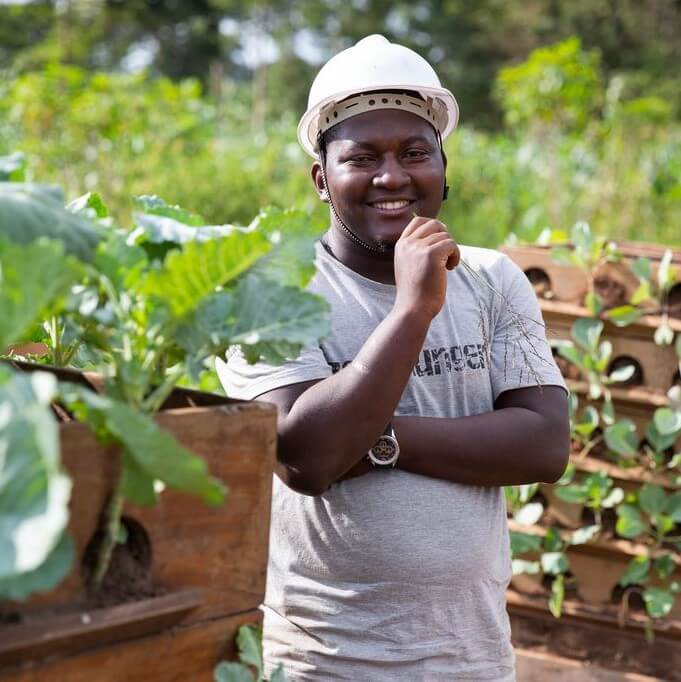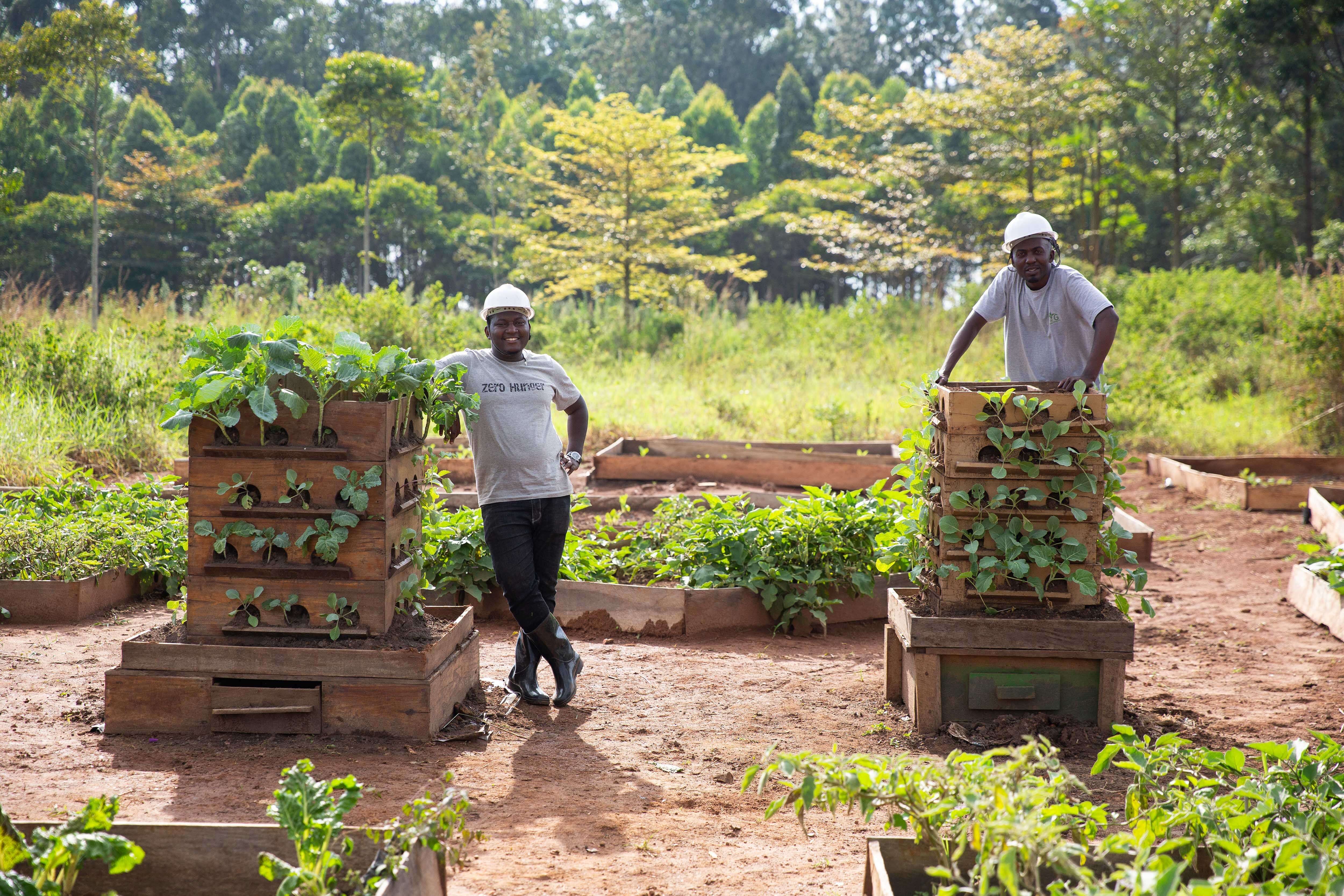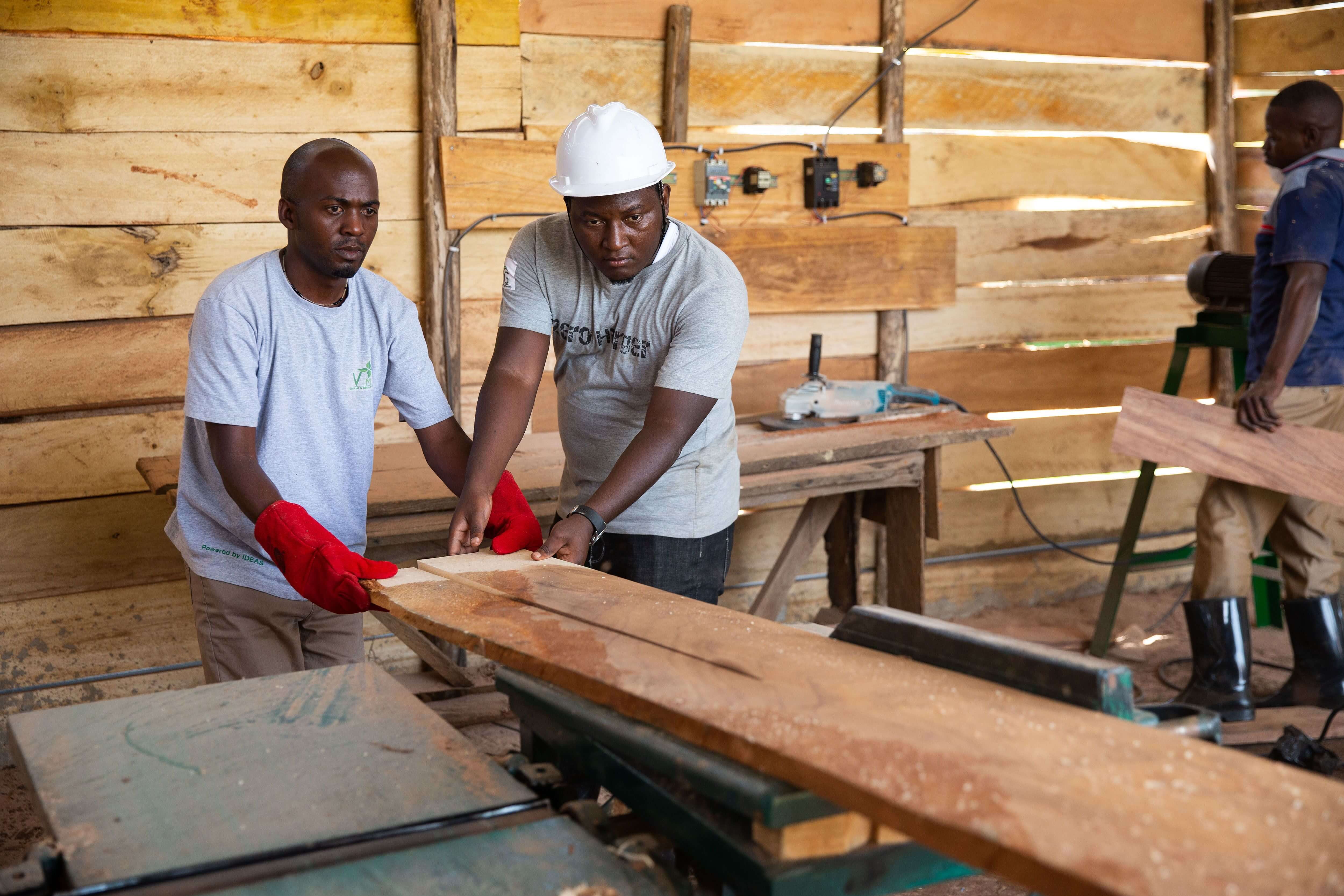According to World Food Programme (WFP) projections, the global population is expected to increase by 3 billion people by 2050, with 80% residing in urban areas. Given these estimates, traditional farming practices would need an area roughly 20% larger than Brazil to sustainably feed this population. However, the challenge of land scarcity is not limited to urban areas, impacting rural communities as well, particularly those hosting refugees.
In Uganda, which hosts refugees from various East and Central African countries, the proportion of refugee households with adequate food consumption decreased from 47.5% in January 2020 to 33% in December 2020 due to factors such as ration cuts, rising food prices, and the effects of COVID-19. Consequently, refugee families allocate a significant portion – 95.8% – of their income on food expenses.
VMG's farming solution addresses food insecurity challenges faced by both urban and rural populations, including refugees. In low-income settings, it provides essential food, nutrition, and income opportunities, thereby alleviating poverty and food scarcity. Its proximity to markets reduces transportation costs, increasing profitability for farmers. This we do through selling Vertical Farms, Agricultural extension services, packaged soil and organic agro-inputs through B2B and B2C approaches.
To date, VMG's products are used by approximately 30,000 families in Uganda including mothers in slum areas, refugees, and land-constrained urban dwellers in high-end parts of the country.



